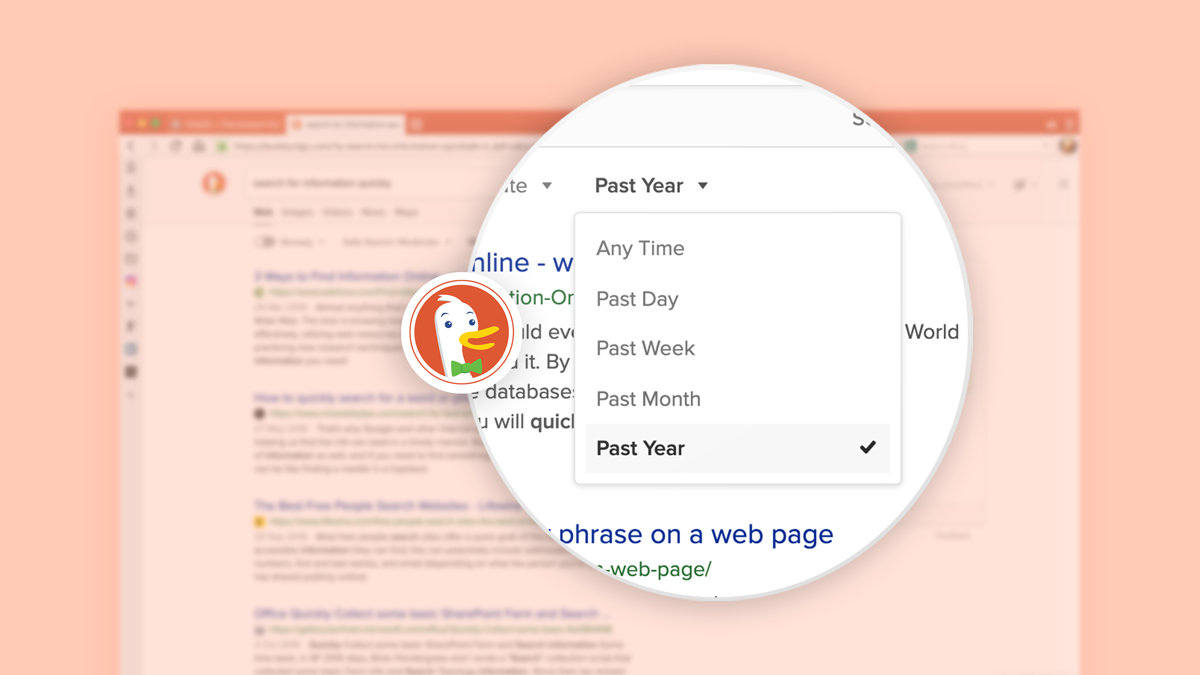
Read this article in Español, 日本語.
Fast, light on system resources, strong on privacy, browsers need to tick a lot of boxes. But in 2020, there’s a lot more you should consider when choosing a browser.
Choose a trustworthy browser
Do you trust a browser with your data? This is the first question you should be asking when you choose a browser.
Over the past year, the issue of data collection and user profiling has become center-stage for a reason. It will likely remain that way not just in the new year but also in the new decade.
As consumers become more aware of how their data is being collected and used, they are more likely to look for apps that are not indulging in tracking and user profiling.
Even in the heart of Silicon Valley, things are changing. From January 1st, Californians are able to find out what personal information is being collected on them, and opt-out of this information being sold to third-parties.
As a rule of thumb, when you choose a browser look out for browser-makers that have no vested interest in collecting and selling your data – unlike Google’s Chrome whose business model is based on data collection. Being the biggest online advertising platform, in 2020 Google is even disabling API in Chrome used by ad blocking extensions.
And while you’re at it, check if a browser is into user behavior monitoring. Innocent feature tracking can quickly turn into unacceptable user behavior monitoring, user profiling, and a money-spinner for a company.
Ideally, your browser will also let you set your default search engine to anything you like. There are several privacy-focused search engines out there that will protect you from surveillance.

Choose a secure browser
With an ever-growing number of reasons to be concerned about security online, make sure you inspect a browser’s security credentials.
Your secure browser should protect you against malicious websites such as the ones that pretend to be a different website and trick you into divulging your username, password, or other sensitive stuff.
Your browser should also prevent you from downloading from attackers’ websites by not downloading executable files without your explicit permission.
Take a look here for more on what a secure browser should do for you.
Choose a browser that syncs your data
If you need access to your data across devices, check out both the desktop and mobile versions of a browser. Sync is a useful functionality but it doesn’t work across browsers. If you want to bookmark a page on your computer and go on to find the same bookmark on your phone or another computer, you’ll need to use the same browser on both devices.
In addition to having easy access to your data, you’ll want to keep it safe too – it’s just a lot of personal data.
At Vivaldi, even though we are using the Sync engine from Chromium, we have modified it to use our own servers instead of Google’s. This means you do not need to trust Google with your data. You can also securely sync your data with end-to-end encryption. Our servers are housed in Iceland and are well protected from intrusion both physically and from the network. Encryption is enforced so that even if the servers get breached, the data cannot be used as it is encrypted.

Choose a speedy browser
With the recent launch of 5G, things are about to heat up in browsing. This massive upgrade of network technology will affect first and foremost mobile browsing but it’s likely we’ll also see laptops with embedded 5G modules. The data transfer rates of 5G are several times faster than 4G and this will open the door to truly fast browsing.
The 5G uptake will happen pretty fast too. By 2024, it will cover around 65% of the world population. When 5G goes mainstream, video and music streaming will become a lot faster, and things like HD video and WebGL will become the norm.
This will affect browsing across the board and you’ll likely see improvement in speed on all browsers. Just bear in mind that while the improved speed is great, there are privacy concerns surrounding 5G. That won’t play out so much in the browser space, but it’s something you should be aware of.
Choose a flexible browser
Some browsers are cutting down on features, and that’s something you’ll need to consider when choosing a browser in 2020.
A wealth of built-in features, as well as support for extensions, can make a huge difference to your life and productivity.
In Vivaldi, we have a ton of useful features built into the browser mitigating the need for adding third-party extensions or apps. Things like taking notes right in your browser, viewing several web pages side by side, even reading text vertically should give you an idea of what’s possible straight out-of-the-box.
Most browsers built on Chromium will give you access to extensions from the Chrome Web Store, while other browsers rely on their own extension stores. Check that your favorite extensions or their equivalents are available in the browser you choose.
Choose a smart browser
With billions of connected devices out there, the Internet of Things is quickly making its way into browsers.
You may want to control your lights from your browser or enjoy integration with Razer Chroma, the world’s largest lighting ecosystem for gaming devices. Or if you found a Raspberry Pi under the Christmas tree, you may want to download a fancy browser for it. Rest assured that all this – and more – is possible with some of today’s browsers.
Choose a chatty browser
Voice-powered browsers are already a reality. As it looks like we’ll increasingly be using our voice to control our browsers, W3C will be crucial in developing open standards for voice browsers.
This will be especially relevant on mobile where browsing with a tiny keyboard is quite impractical.
Voice-based browsers are predicted to become mainstream within the next two years and you should consider this functionality if it makes sense for you.
Choose a unique browser
In a recent survey by Dimensional Research, 91% of customers said that – when it’s convenient – they’d rather support a small business. At the same time, 74% actively look for ways to support small businesses even when it’s not convenient.
According to the research, small is better because of the superior customer service of smaller companies. Namely, 71% expect better customer service from small businesses. At Vivaldi, we can totally relate to the findings of this survey. In 2019 alone, our small team has replied to thousands of tweets, forum comments and support emails.
And speaking of being unique, if the environment is the big thing on your mind right now, check the track record of the browser company you’re considering. The Internet is guilty of enormous CO2 emissions. If the servers used to run the web were a country, they’d be the third-largest country in terms of electricity consumption. Companies everywhere should be looking to reduce their carbon footprint, so check how the browser company powers its HQ and server parks.
* * *
In 2020, companies that take a stand will be the ones that stand out. That’s because consumer opinion is shifting. If once we were drawn to companies with personality, today we are drawn to companies with soul. Look out for those companies in the browser world and beyond.
And before we let you go, take a look at these 5 signs it’s time to replace your browser.


